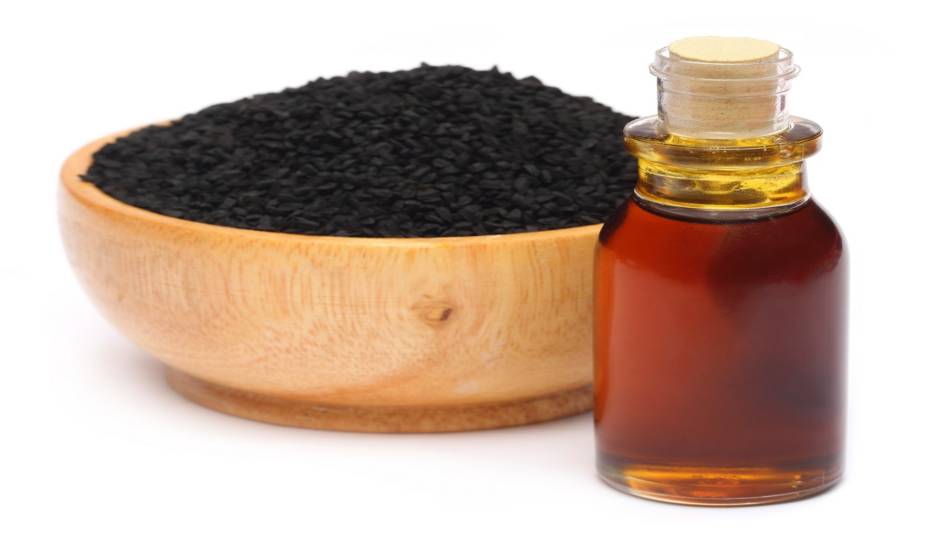Black seed, also known as Nigella sativa, black cumin, kalonji, or the “seed of blessing,” has been used for centuries in various cultures for its medicinal properties. This small, black, crescent-shaped seed is renowned not just for its culinary uses but also for its role in traditional medicine across the Middle East, Africa, and Asia. Modern research has begun to validate many of the traditional claims associated with black seed, uncovering a range of health benefits that stem from its potent phytochemicals, vitamins, and minerals. Here’s a look at some of the key health benefits of black seed.
1. Rich in Antioxidants
Black seed is packed with antioxidants, which help neutralize harmful free radicals in the body. The antioxidant compounds, including thymoquinone, carvacrol, t-anethole, and 4-terpineol, contribute to reducing oxidative stress, a factor in the development of chronic diseases such as heart disease, cancer, and neurodegenerative diseases.
2. Anti-inflammatory Properties
The thymoquinone in black seed has strong anti-inflammatory effects. Chronic inflammation is thought to be at the root of many diseases, and by reducing inflammation, black seed can help protect against various health conditions.
3. May Help Lower Blood Sugar Levels
Black seed has shown promise in helping to regulate blood sugar levels, making it potentially beneficial for people with diabetes. Its use might improve insulin sensitivity and blood sugar control, although more research is needed to fully understand its effects.
4. Promotes Heart Health
Consuming black seed can have a positive impact on heart health. Studies have suggested that black seed can help lower high blood pressure and reduce levels of LDL (bad) cholesterol, both of which are risk factors for heart disease.

5. Supports Weight Loss
Some research indicates that black seed can aid in weight loss and obesity prevention. Its anti-inflammatory and antioxidant effects, along with its potential to improve insulin sensitivity, may contribute to weight management.
6. May Protect Brain Health
The antioxidant and anti-inflammatory properties of black seed may also extend to neuroprotection, offering potential benefits in the prevention and treatment of neurodegenerative conditions like Alzheimer’s disease.
7. Supports the Immune System
Black seed is believed to have immunomodulatory effects, supporting and enhancing the body’s immune response. Regular consumption may help fend off illnesses and infections by boosting the immune system.
8. Improves Respiratory Health
Traditionally, black seed has been used to treat asthma, bronchitis, and other respiratory conditions. Its anti-inflammatory and bronchodilatory effects can help ease breathing and reduce the severity of asthma symptoms.
9. Skin and Hair Benefits
Applied topically, black seed oil can help in treating various skin conditions, such as acne, eczema, and psoriasis, due to its antimicrobial and anti-inflammatory properties. It’s also used to hydrate hair, reduce scalp issues, and promote hair growth.
Usage and Dosage
Black seed and its oil can be consumed in small quantities as part of the diet, used as a spice, mixed into honey or beverages, or applied topically as oil. However, it’s important to use it in moderation and consult with a healthcare professional before starting any new supplement, especially for those with existing health conditions or those taking medication.
In conclusion, black seed offers a remarkable array of health benefits, from improving metabolic health and supporting weight loss to protecting heart and brain health. Its natural compounds make it a valuable addition to both the diet and traditional medicine practices.



